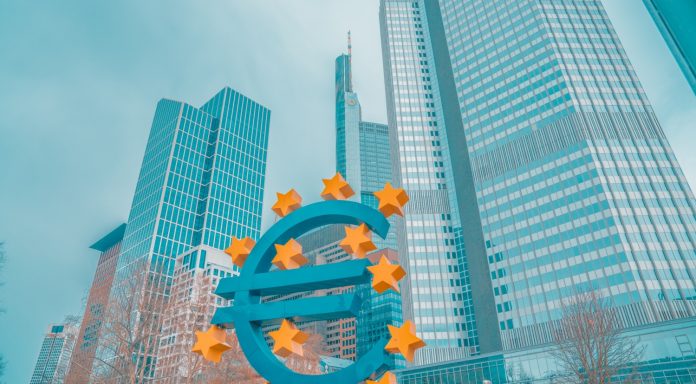The pound held its nerve for much of the session against the euro on Tuesday, despite two risk events; UK Prime Minister Theresa May giving a speech in Parliament over Brexit and Bank of England governor Mark Carney also taking to the airwaves. Only later in the day did the pound sell off versus the euro falling to close at 1.1380.
| What do these figures mean? |
|---|
| When measuring the value of a pair of currencies, one set equals 1 unit and the other shows the current equivalent. As the market moves, the amount will vary from minute to minute. If the euro amount increases in this pairing, it’s positive for the pound. Or, if you were looking at it the other way around:1 EUR = 0.87271 GBP In this example, €1 is equivalent to approximately £0.87. This measures the euro’s worth versus the British pound. If the sterling number gets larger, it’s good news for the euro. |
Theresa May delaying the Brexit vote in Parliament saw the pound rebound from session lows. Theresa May has promised that Parliament will be able to vote on the way forward for Brexit on 27th February, just one month before the UK is due to leave the European Union. The PM said she needed more time to negotiate with Brussels. Pound traders have read positively into developments, believing that Theresa May will manage one way or another to push her deal through Parliament. The pound has also found support overnight from reports that Theresa May is seriously considering extending Article 50 to get a better deal if her deal is rejected.
| Why is a “soft” Brexit better for sterling than a “hard” Brexit? |
|---|
| A soft Brexit implies anything less than UK’s complete withdrawal from the EU. For example, it could mean the UK retains some form of membership to the European Union single market in exchange for some free movement of people, i.e. immigration. This is considered more positive than a “hard” Brexit, which is a full severance from the EU. The reason “soft” is considered more pound-friendly is because the economic impact would be lower. If there is less negative impact on the economy, foreign investors will continue to invest in the UK. As investment requires local currency, this increased demand for the pound then boosts its value. |
The other risk event for the pound on Tuesday was a speech by BoE governor Mark Carney. The speech came soon after the BoE monetary policy announcement and quarterly inflation report. Growth concerns had been highlighted previously with downwardly revised growth forecasts. Mark Carney didn’t add anything new to move the pound on Tuesday.
The pound could come under pressure today as attention moves to the UK inflation report. Inflation, as measured by the consumer price index (CPI) is expected to fall in January. City analysts have pencilled in a decline from 2.1% to 2%. If inflation weakens it removes pressure from the BoE to raise interest rates. Therefore, any weakness in today’s reading could see the pound fall lower.
| Why do raised interest rates boost a currency’s value? |
|---|
| Interest rates are key to understanding exchange rate movements. Those who have large sums of money to invest want the highest return on their investments. Higher interest rate environments tend to offer higher yields. So, if the interest rate or at least the interest rate expectation of a country is relatively higher compared to another, then it attracts more foreign capital investment. Large corporations and investors need local currency to invest. More local currency used then boosts the demand of that currency, pushing the value higher. |
The euro was trading broadly higher on Tuesday. The euro often traded inversely to the US dollar. With the dollar declining on improved risk sentiment the euro strengthened. Risk sentiment was improving for two main reasons. Firstly, the US — Sino trade talks were reportedly going well. Secondly, a tentative deal between the US Democrats and Republicans meant that a second US government shutdown was looking unlikely.
This week has been very quiet for eurozone data releases. This won’t change until Thursday when market participants will be watching German GDP data closely. Economic growth in Germany has been a cause for concern. Recent data has showed Europe’s largest economy struggling amid Brexit and slowing global growth.
This publication is provided for general information purposes only and is not intended to cover every aspect of the topics with which it deals. It is not intended to amount to advice on which you should rely. You must obtain professional or specialist advice before taking, or refraining from, any action on the basis of the content in this publication. The information in this publication does not constitute legal, tax or other professional advice from TransferWise Inc., Currency Live or its affiliates. Prior results do not guarantee a similar outcome. We make no representations, warranties or guarantees, whether express or implied, that the content in the publication is accurate, complete or up to date. Consult our risk warning page for more details.
This article was initially published on TransferWise.com from the same author. The content at Currency Live is the sole opinion of the authors and in no way reflects the views of TransferWise Inc.





